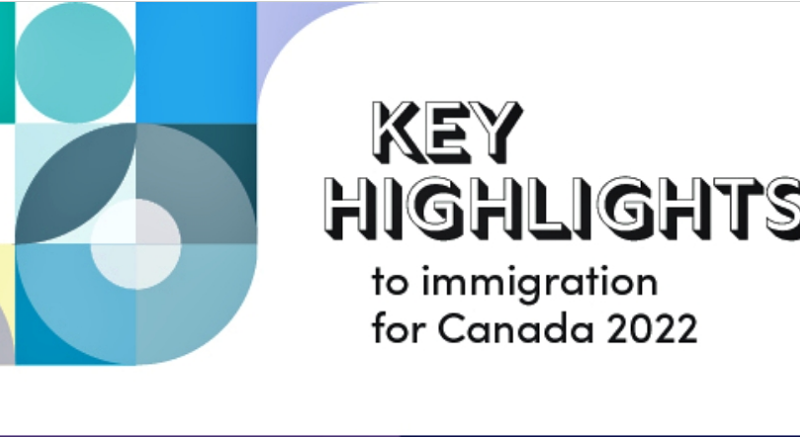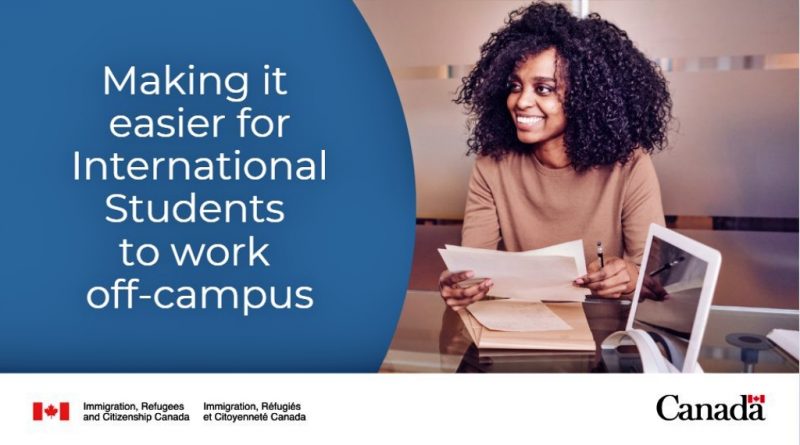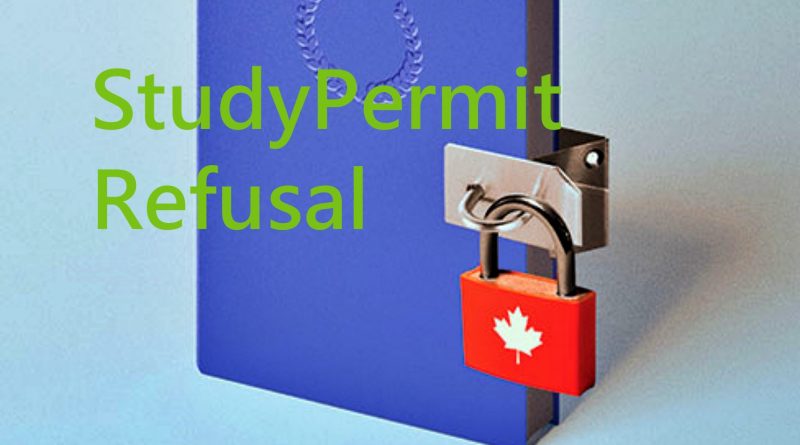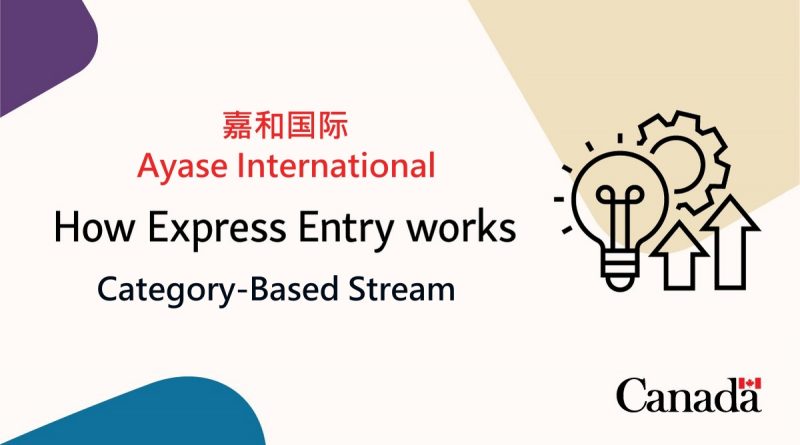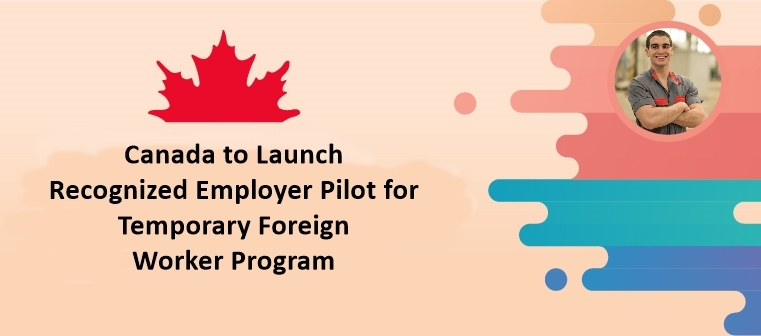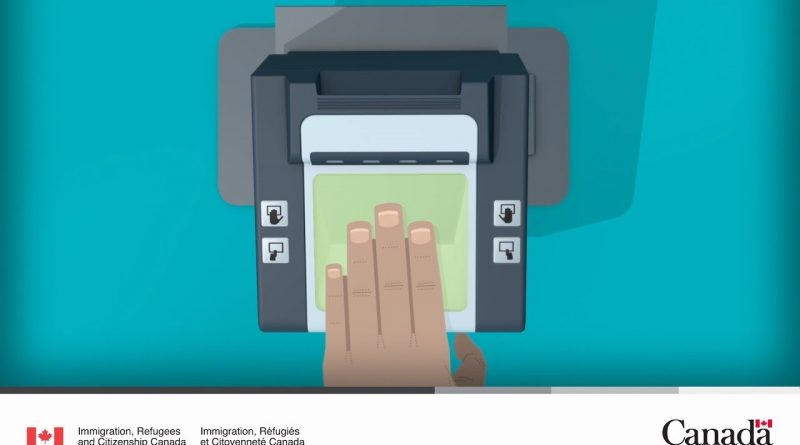“Dual intent” refers to the situation where a foreign national intends to enter Canada temporarily as a visitor, student, or worker, but also has the intention to apply for permanent residence in Canada, either before or after entering the country.
In other words, dual intent is present when a foreign national has applied or may apply for permanent residence in Canada, but also wishes to enter Canada temporarily for work, study, or tourism. This allows the foreign national to pursue both temporary and permanent residence status in Canada simultaneously, without one application affecting the other.
On April 5th, 2021, Immigration, Refugees and Citizenship Canada (IRCC) updated its program instructions for IRCC staff regarding cases of dual intent. The revised instructions now acknowledge that having two intentions – initially for temporary residence and eventually for permanent residence – is legitimate and complementary, rather than contradictory.
Read More





